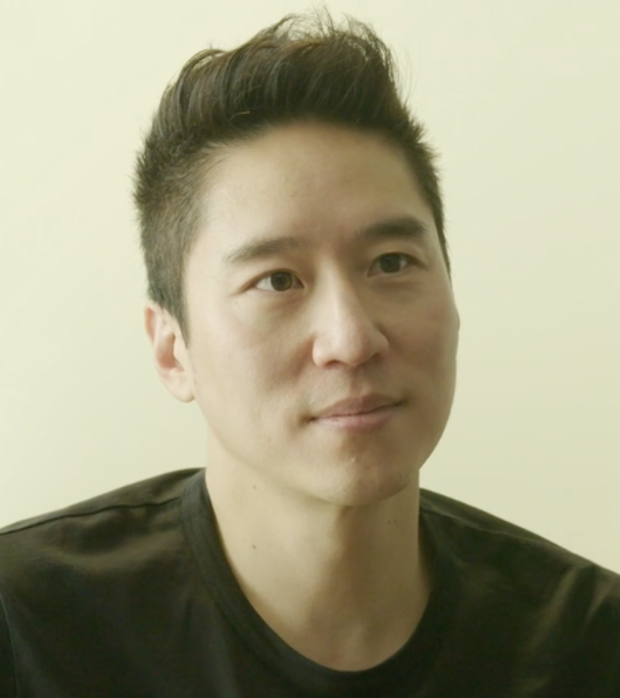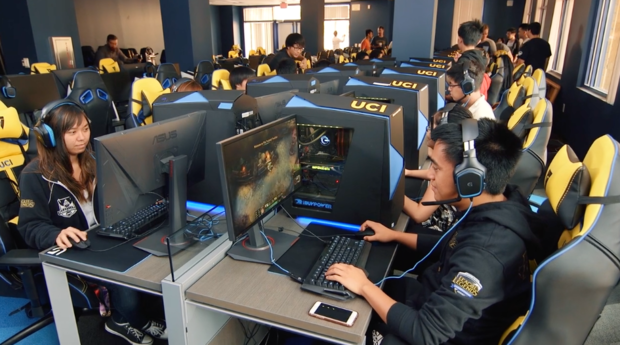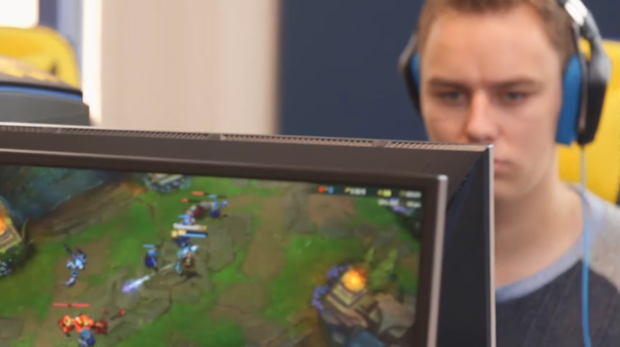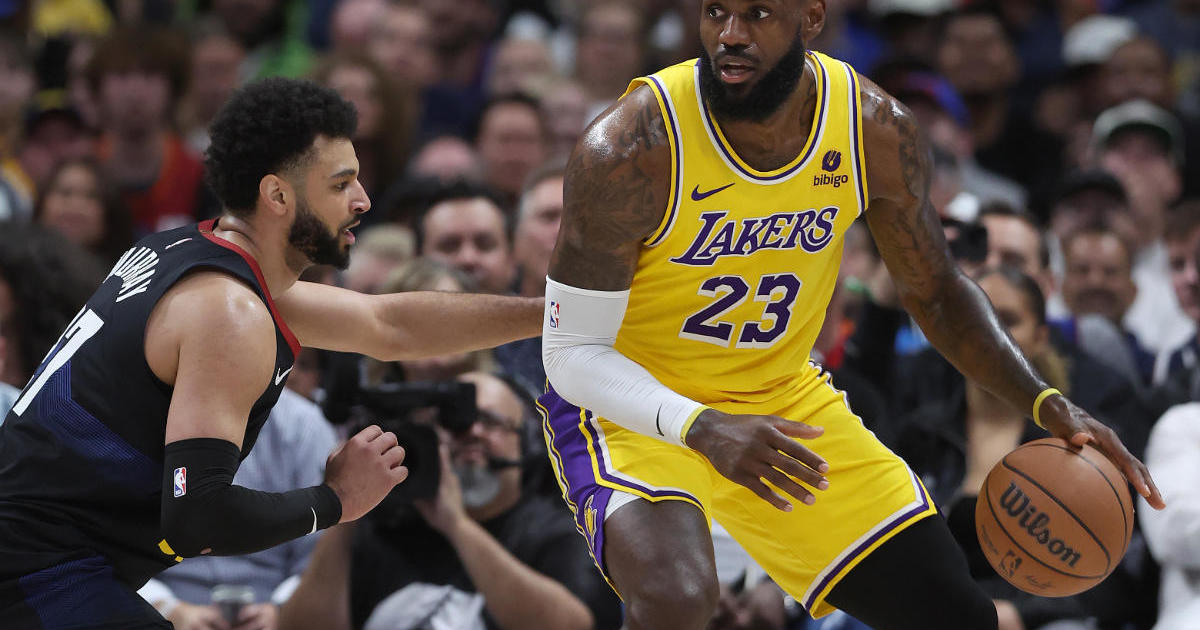High schools and colleges reward students' passion for esports
Watch the new CBSN Originals documentary, "Esports: The Price of the Grind," in the video player above. The full hour-long special premieres on CBSN this Sunday, Dec. 23, at 8 p.m., 11 p.m. and 2 a.m. ET.
When then-17-year-old Dennis Fong won a Ferrari in 1997 as first prize in a video game tournament, he didn't get the satisfaction of tearing off into the sunset a champion — he couldn't drive stick. But for Fong, known as "Thresh" in the gaming world, the satisfaction of telling his parents "I told you so" was almost as good.
"You know, the only validation that I sought when I was younger was my parents' and it was pretty difficult getting that," Fong said.
"My dad would be like, 'Why in the world are you playing games? Where is this gonna go?' And I think I got some of that validation, that monkey off my back, when I won the Ferrari. But that was in 1997, so, it was a long time ago."
Times have changed.
Thanks to the internet, playing video games has evolved from a mostly solitary activity to a highly competitive online universe that allows players to take on anyone in the world. Players began getting ranked, and the best became superstars. Millions began watching top players and teams go head-to-head on online platforms like Twitch.
This eventually led to esports — professional video game playing — which has erupted into a phenomenon that looks more and more like pro sports every day. Fans fill packed stadiums, and players — many still in their teens — take center stage to thunderous applause. Millions more watch the games online from home.
"In esports, you can literally jump from being in a bedroom into being a six-figure salary, in the spotlight, on stage, three months later," Fong said.
Just as LeBron James and Cristiano Ronaldo inspire millions of young players across the world, the top players in esports are giving teenagers everywhere hope for a chance at glory. Or, at least, a chance at playing video games for a living.
And now they are even finding support in school.
Over 50 colleges in the U.S. have launched varsity esports programs, and a dozen or so are offering scholarships to lure top players.
"Each of our players get $6,000 cash scholarships to offset their tuition," says Mark Deppe, director of esports at University of California, Irvine. "And if and when they do well there are additional prize monies that are available to them."
Deppe explains that collegiate esports has grown rapidly in tandem with professional esports. With so many candidates to choose from, UC Irving's team can afford to be selective.
"In August we put out a call for people of a certain rank or above and we'll hold tryouts with our coaching staff, and everyone has to prove they have what it takes to be on our team."
High schools are taking note as well. Over 100 high schools in the U.S. have launched esports clubs or programs as part of the North American Scholastic Esports Federation (NASEF).
On a weekday afternoon at Samueli Academy in Santa Ana, students ranging in age from 14 to 18 filled a table of high-end computers, chatting rapidly into their headset mics as they worked with their online teammates in popular competitive games like Overwatch and League of Legends.
"Everybody has their own way of playing a single game," said one senior. "And a fun thing about this club is we all get to see how other people can tackle the same challenge."
Unlike in traditional sports like soccer or basketball — where you might be the best player at your school but have very little idea about your chances of making it as a pro — players in most esports games are ranked based on their win rate and other factors. Because of this, players have a very good understanding of how they stack up against the best players in the world.
At Samueli Academy, few students see a real shot at being a paid, pro player. Instead, many eye careers in the lucrative gaming industry, which is growing every year.
"I could definitely see this a long term," another student said. "There's so many subsidiaries that go into the esports and the gaming industry as a whole. There's the IT directors, there's the marketers, there's the coaches, there's a whole community that's involved and it's not just people who play the games."
Another said, "Over the past year or two I've developed with this club, with the help of this club, I've developed a love for computer science and programming."
For Mark Deppe, the high schools esports clubs are as much about support and validation as they are about developing future gaming professionals.
"Students really feel rewarded when the see their mentors and peers and teachers acknowledging their passion — esports — as a real thing," he said. "Often it's something that happens late at night or behind closed doors, but when it's brought out into the light in a school environment, I think it'll be transformative and a way to engage students that right now education is missing out on."






